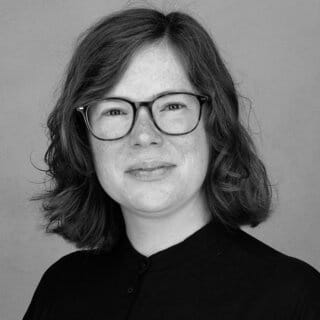Vad kan skönjas i lärares uttryck om planering?
The aim of this study is to find out what teachers say their primary focus is when planning to teach an object of learning. The study is carried out in two different cultural contexts, Sweden and Hong Kong, and based on the framework of variation theory, which has a two-fold focus, namely both what teachers do and what students learn at school. Fifteen semi-structured open-ended interviews were conducted with nine Swedish and six Hong Kong teachers in grades 1 to 6. The analysis generated categories inspired from a phenomenographic research approach, where attention is directed towards respondents’ apprehensions of a phenomenon. The results showed some clear differences in the way teachers from the two countries talked about how they organise and think about planning, which in turn reveals whether their focus is on students’ understanding or on teacher action. The Swedish teachers’ experienced focus is on activities/methods, and they separate activities and methods from the content, while the Hong Kong teachers have the content in the foreground and do not separate content and act. There can be several different explanations of the differences identified; such as that a too general theoretical and surface awareness of concepts of learning makes it difficult to reach a detailed level of the object of learning, i.e. what it actually takes for students to learn exactly this phenomenon or ability. The Swedish teachers seem to underestimate what it takes to learn due to a theoretical framework. Another explanation of this difference in focus might be that teachers need support from each other to deepen the reflections about the subject, thus achieving knowledge of what it takes to understand the intended object of learning. The Hong Kong teachers report frequent opportunities to discuss and reflect over subject-related matters.
Författare: Mona Holmqvist och Eva Wennås Brante
Education Inquiry vol. 2, 3/2011

Fritidshem
 Åk F–6
Åk F–6 Matematikångest
 Åk 4–Vux
Åk 4–Vux 







